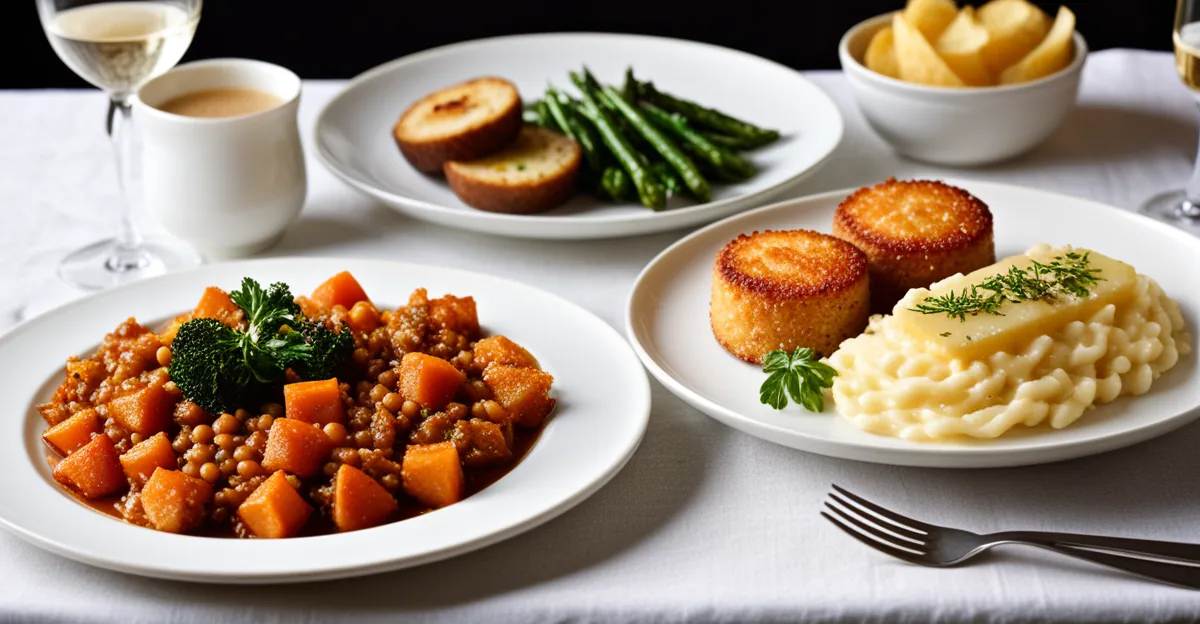Adapting Classic British Dishes for Modern Tastes
British culinary traditions boast a rich tapestry of classic dishes like shepherd’s pie, fish and chips, and roast dinners. However, adapting traditional British recipes has become essential to meet evolving preferences and dietary needs. These iconic meals often feature heavy fats, limited spices, and a strong focus on meat, which may no longer appeal to contemporary palates seeking healthier or more diverse options.
Updating classic dishes involves more than just tweaking ingredients; it reflects broader cultural shifts that influence modern British cuisine. The growing interest in global flavours, wellness, and plant-based eating has pushed chefs and home cooks alike to reinterpret age-old recipes. By doing this, they create versions that respect heritage but resonate better with today’s tastes.
Also read : What Innovations Have Shaped Modern British Cuisine?
For example, adding texture and seasoning from international spice blends can breathe new life into a traditionally mild stew, while substituting fatty cuts with leaner proteins helps reduce calorie content. These adaptations not only enhance flavour but also make the dishes accessible to a wider audience. Ultimately, adapting traditional British recipes is a dynamic process shaped by changing societal values, health considerations, and a desire to innovate within a beloved culinary framework.
Popular Traditional Dishes and Their Challenges
Classic British food offers a distinct set of quintessential dishes that serve as pillars in British culinary traditions. Notable examples include shepherd’s pie, fish and chips, and roast dinners, all deeply embedded in the national food identity. These dishes commonly rely on rich, hearty ingredients such as fatty meats, potatoes, and heavy gravies.
Additional reading : What are the secrets to a perfectly cooked beef Wellington?
However, these same elements often present recipe challenges when adapting traditional British recipes for contemporary eaters. The prevalent use of heavy fats and limited spice profiles can feel outdated or overly rich to today’s health-conscious and internationally curious palates. Moreover, the strong reliance on meat restricts inclusion for those seeking vegetarian or vegan options.
The challenge, then, lies in updating classic dishes while respecting their cultural significance. Balancing fat reduction with maintaining flavour—without losing the essence that makes these dishes beloved—is complex. For example, replacing fatty cuts with leaner alternatives or enhancing seasoning diversity must be done carefully to avoid detracting from the dish’s authentic taste. This balancing act is at the heart of the evolving narrative in modern British cuisine.






